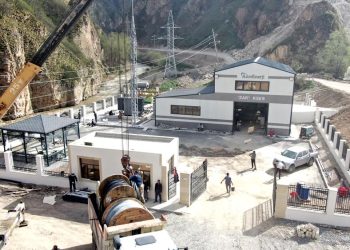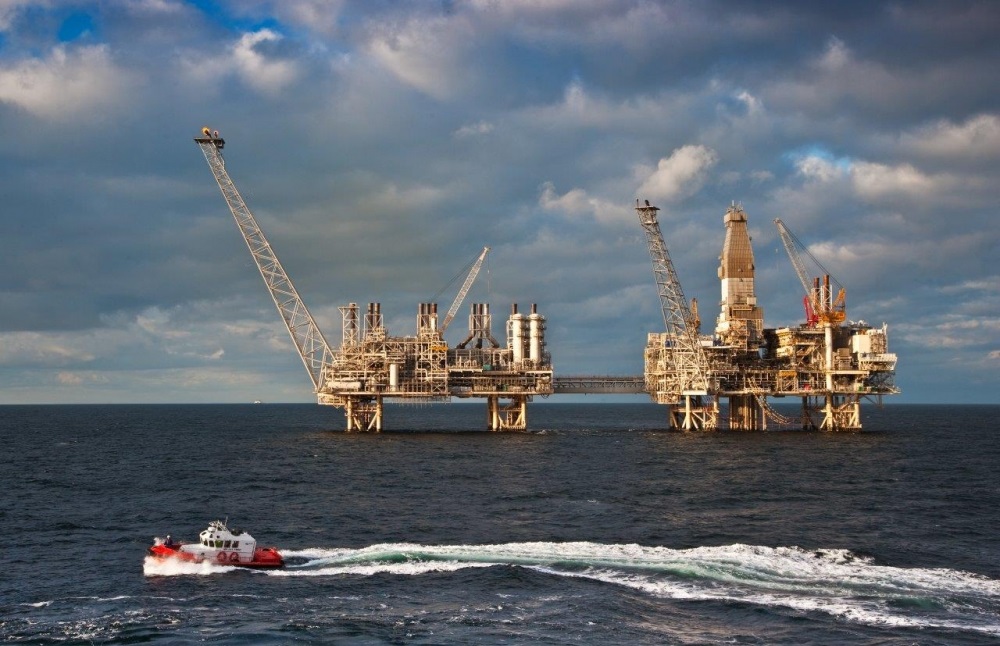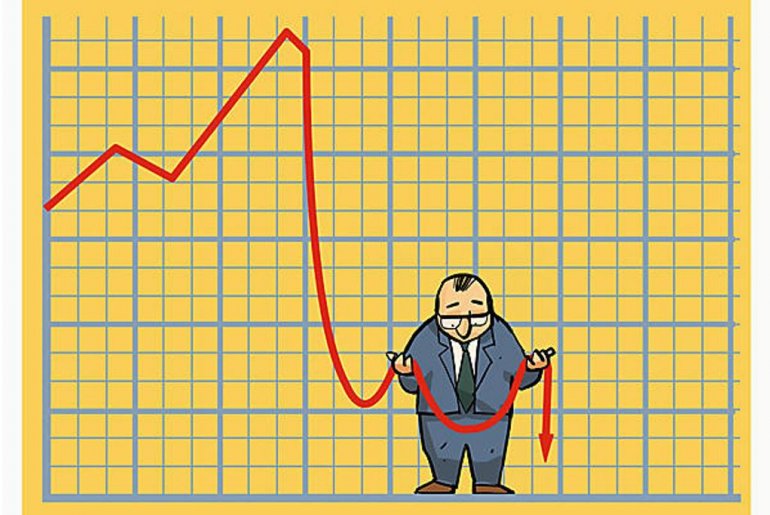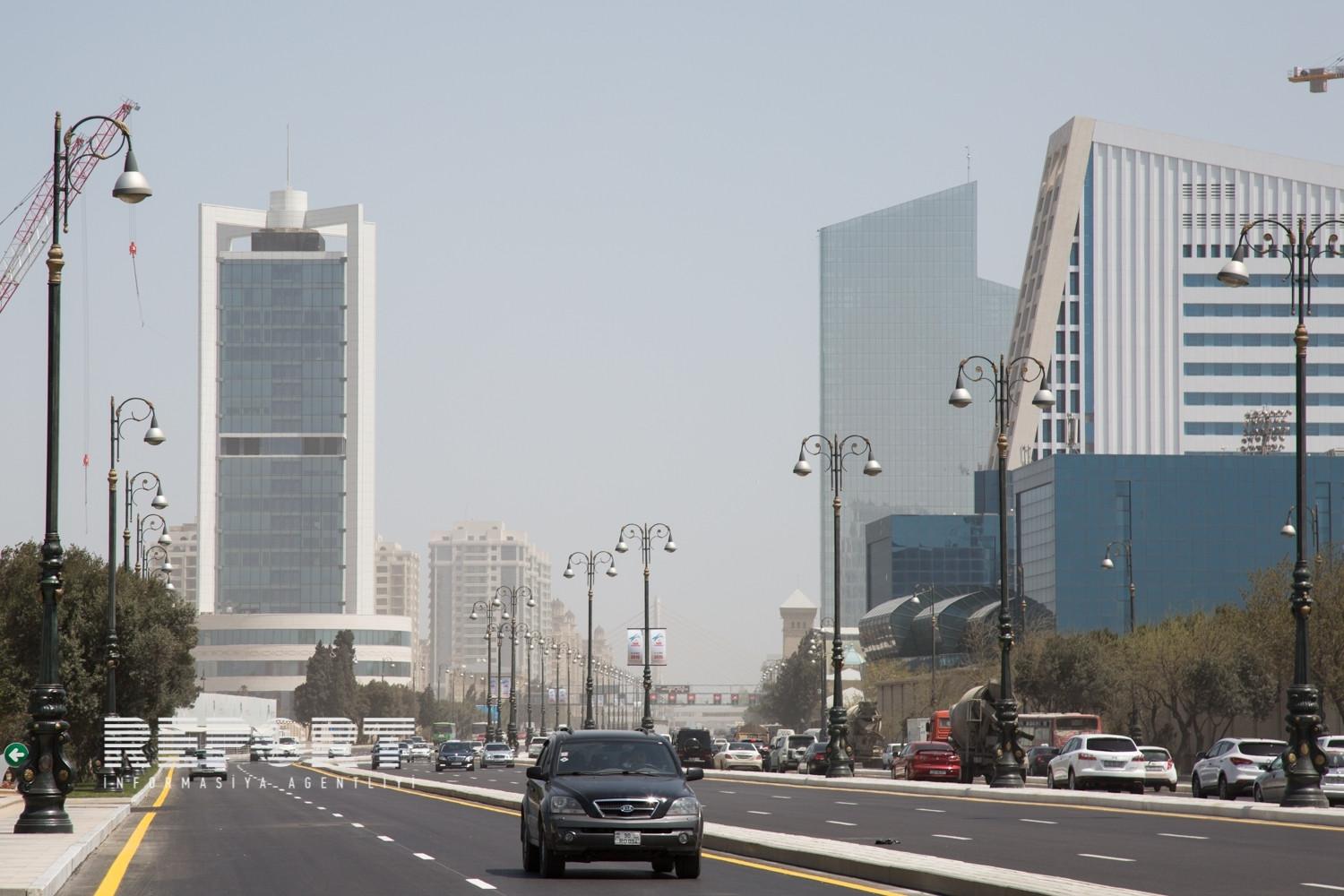 An oil price drop triggered by a possible return of Iran to international energy markets would heap pressure on the finances of the GCC, according to a new report.
An oil price drop triggered by a possible return of Iran to international energy markets would heap pressure on the finances of the GCC, according to a new report.
The rapid expansion of US shale production was likely to also loosen energy supplies, putting a further drag on prices, said the first-quarter briefing on economic insight to the Middle East for the ICAEW, the accounting body.
“A fall in oil prices would push many GCC countries perilously close to their break-even prices,” said the report, which was produced by the Centre for Economics and Business Research. “As countries including Bahrain, Kuwait and Saudi Arabia have boosted social spending after the Arab Spring, they have raised the amount they need to earn from oil revenues to fund this spending.”
Iran has signalled its keenness to step up oil output as it seeks to re-engage with the international community over its disputed nuclear programme. Tightening sanctions against Iran and security concerns in other parts of the Middle East have contributed to helping keep average oil prices above US$100 per barrel since early 2011.
Lower output from Iran, coupled with disruptions to other regional suppliers, meant several GCC states ramped up production in 2012, further bolstering their coffers.
“While most GCC countries are already expected to reduce fiscal spending within the forecast period, the fall in oil prices anticipated if Iranian oil were to return to international markets would bring forward the date at which these countries would enter fiscal deficits, and make efforts to trim subsidy spending and public wage bills more pressing,” said the report.
“Lower prices would also reduce the incentives to invest in new oilfields elsewhere in the Middle East, knocking a few percentage points off the growth forecasts for the UAE, Oman, Kuwait and Saudi Arabia.”
The UAE’s break-even oil price – the price at which oil needs to be in order for the government to balance its budget – was edging close to US$100 per barrel, said the report.
In a report released in November, the IMF forecast Bahrain required a break-even oil price of about US$120 per barrel. It estimated the UAE was cushioned by a lower break even price of just under $80 per barrel.











